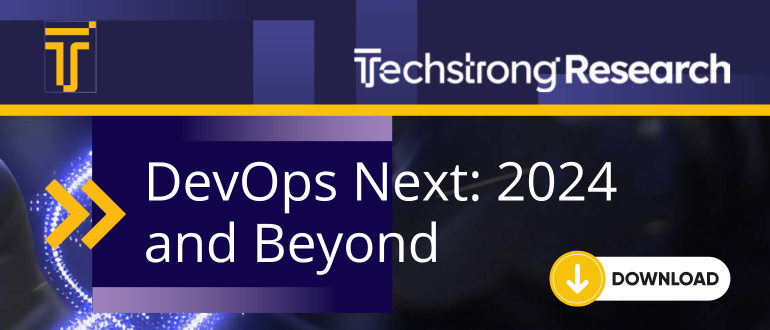![]()
Blackwire Labs launched a platform that combines generative artificial intelligence (AI) with blockchain technologies to provide cybersecurity teams with recommendations based on a trusted data source that is immutable.
Company CEO Josh Ray said the Blackwire.ai platform enables cybersecurity experts to collaboratively create a set of best practices for responding to cybersecurity threats that have been vetted by a team of industry experts. That content is then housed on a blockchain platform before being exposed to multiple AI models.
That approach makes it possible to explain and validate AI recommendations and decisions in a way that meets regulatory and compliance requirements, he added.
At the core of the platform is an instance of a Trustwire certification system that is based on blockchain technologies that have been extended using private session registries to validate content using a set of best practices defined by the Cybersecurity Community of Excellence (CCOE), a network of cybersecurity professionals.
The overall goal is to strengthen the cybersecurity defensive capabilities of organizations using a trusted knowledge base of data, said Ray. Ultimately, that capability will democratize cybersecurity by reducing the level of expertise needed to protect organizations, he added. That’s critical because there is still a critical shortage of cybersecurity expertise, noted Ray. The Blackwire.ai platform is designed to make it simpler to identify what types of prompts should be created to, for example, properly investigate a cybersecurity incident.
There is, of course, no shortage of platforms that apply AI to cybersecurity but much of the first wave of these platforms are based on general-purpose large language models that are not optimized for cybersecurity use cases. BlackWire has developed a domain-specific AI model capable of crafting prompts that can be sent to other AI models, said Ray. Organizations can also integrate their own AI models with the Blackwire.ai platform, he added.
As a result, IT teams are augmented by an AI expert on cybersecurity who has expertise in multiple disciplines versus an AI agent that is only trained to perform one specific task, noted Ray.
It’s not clear at what pace cybersecurity teams are adopting AI. The one clear thing is that cybersecurity teams are moving beyond initial skepticism to determine which tasks AI can reliably automate. Many of them are soon going to determine they would rather work for an organization that makes AI tools available to them than an organization that doesn’t.
At the same time, cybersecurity teams can assume that cybercriminals are similarly using AI to launch even more sophisticated attacks that without the aid of AI are going to be increasingly difficult to detect.
It’s not likely that AI will replace the need for cybersecurity professionals any time soon, but roles and functions will evolve. The challenge now is determining which routine tasks cybersecurity professionals perform today will soon be automated, in a way that should provide cybersecurity teams with more time to investigate and mitigate cybersecurity threats that are only going to continue to exponentially increase.
Recent Articles By Author



